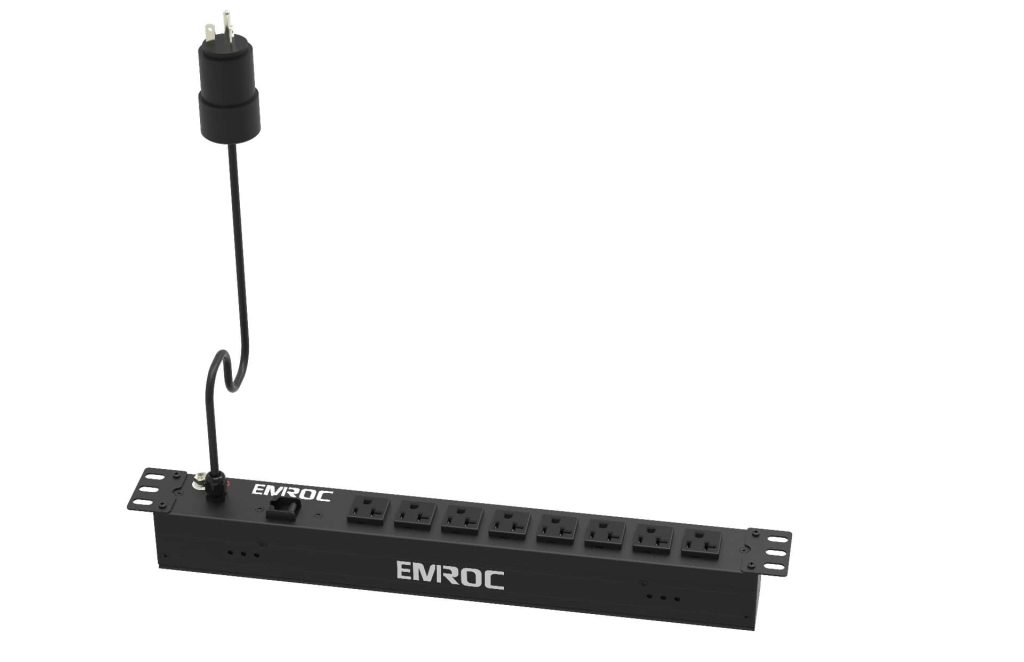In today’s fast-paced world, the demand for electricity continues to grow exponentially. Whether it’s in data centers, offices, factories, or even our homes, the need for a reliable power supply is paramount. This is where Power Distribution Units (PDUs) play a pivotal role. In this article, we will delve into the world of PDUs, exploring their importance, types, and how they contribute to efficient energy management.

What is a Power Distribution Unit (PDU)? A Power Distribution Unit, often abbreviated as PDU, is an electrical device designed to distribute electric power to various connected equipment. It serves as a crucial component in ensuring that power is efficiently distributed to these devices, protecting them from electrical overloads and enabling remote monitoring and control. PDUs come in various forms, from basic units used in homes to highly advanced versions used in data centers. Types of Power Distribution Units PDUs come in several types, each catering to specific needs and environments. Here are some common types: Basic PDUs:These are the simplest form of PDUs and provide a reliable power distribution without any advanced features. They are often used in homes and small offices. Metered PDUs:Metered PDUs offer the capability to measure the power consumption of connected devices, providing valuable data for energy management and monitoring. Switched PDUs:Switched PDUs provide remote control over individual outlets, allowing users to power cycle connected devices or turn them on/off remotely. This feature is beneficial for IT professionals managing data centers. Monitored PDUs:Monitored PDUs offer basic monitoring capabilities, such as voltage, current, and power usage. They provide essential data for maintaining and optimizing power distribution. Smart PDUs:Smart PDUs take monitoring and control to the next level by offering advanced features like environmental monitoring, energy metering, and the ability to schedule power cycles. Rack PDUs:These PDUs are designed to be mounted in server racks and cabinets, making them ideal for data centers and server rooms. Importance of Power Distribution Units PDUs are essential for several reasons: Energy Efficiency:PDUs help distribute power efficiently, reducing the risk of electrical overloads and ensuring that energy is used optimally. Remote Management:Advanced PDUs offer remote monitoring and control capabilities, allowing users to manage power distribution from anywhere, reducing downtime and saving time and money. Safety:PDUs are equipped with safety features like surge protection and circuit breakers, protecting connected devices from electrical damage. Data Center Optimization:In data centers, PDUs play a crucial role in ensuring uninterrupted power supply to critical equipment, minimizing the risk of data loss and downtime. Energy Management with PDUs Efficient energy management is vital for both cost savings and environmental sustainability. PDUs play a significant role in this endeavor by providing valuable data on power consumption. This data can be used to: Identify Energy Hogs:By monitoring power usage, you can identify devices that consume excessive energy and replace them with more energy-efficient alternatives. Load Balancing:PDUs help distribute power evenly among devices, preventing overloads and ensuring consistent performance. Predictive Maintenance:By monitoring power quality and usage patterns, PDUs can help predict when equipment may require maintenance, reducing unexpected downtime. In conclusion, Power Distribution Units (PDUs) are indispensable in today’s world of increasing energy demand. They ensure that power is distributed efficiently and safely, while advanced PDUs offer remote monitoring and control capabilities that contribute to effective energy management. Whether in a data center, office, or home, PDUs are essential for optimizing power distribution and promoting energy efficiency.